
The mascots of the Beijing 2022 Winter Olympics and Paralympics, Bing Dwen Dwen (right) and Shuey Rhon Rhon, are seen at Beijing Olympic Park in the capital's Chaoyang district on Wednesday. (Photo/Xinhua)
Beijing's vision of hosting sustainable Winter Olympics is materializing in a big way, and the Games organizers are hoping the venues and projects keep benefiting sports and social and economic development after the sporting gala closes.
With three weeks to go before the opening ceremony on Feb 4, owners and operators have drawn up post-Games plans for the venues. Efforts on ecological conservation, carbon emission reduction and the long-term promotion of winter sports have yielded positive results, according to a sustainability report released by the organizing committee on Thursday.
"This report shows that Beijing 2022 recognizes their responsibility to integrate sustainability principles throughout all stages of the Games' preparation," International Olympic Committee President Thomas Bach said in a video message at the news conference to release the report. "Already now, these Games are providing tangible social and economic benefits for the people in Zhangjiakou and Yanqing."
Featuring innovative solutions, such as repurposing existing venues, energy-efficient architecture and eco-friendly refrigeration, the preparations for the Beijing Winter Olympics are expected to shed light on a green and sustainable future for people and business operators in the three host areas-the capital's downtown, its northwest Yanqing district and co-host Zhangjiakou, Hebei province.
The reuse of venues built for the 2008 Beijing Summer Games, such as the transformation of the National Aquatics Center into an ice rink for the curling competition and the Wukesong Arena's switch from hosting basketball to ice hockey, is setting an example for the post-Games operations of Olympic venues.
"The highlight is not about refurbishing old venues and turning them into something totally different," said Liu Yumin, director of the planning, construction and sustainable development department of the Beijing 2022 organizing committee. "It's about diversifying the functions of those venues and making them compatible for various purposes while expanding their businesses."
As the only newly built venue for the Games in Beijing's downtown area, the National Speed Skating Oval has adopted a new cooling system using carbon dioxide as a clean refrigerant, instead of the harmful substance Freon, to make the ice surface.
It marked the first time in Olympic history that CO2 refrigerant will be used at a competition venue on such a large scale. Organizers expect the efficient and stable cooling system will be applied in commercial rinks and skating centers after the Games.








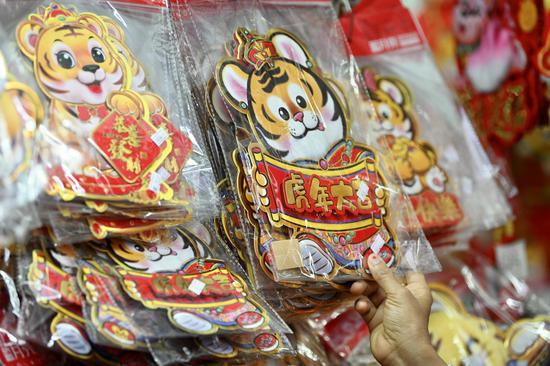


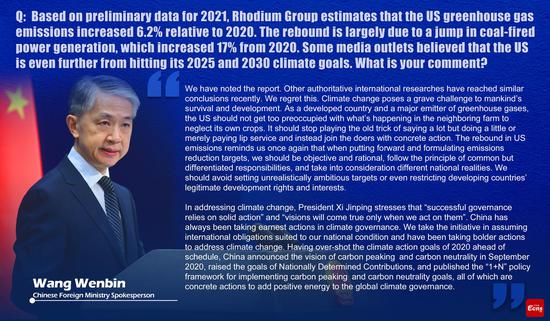
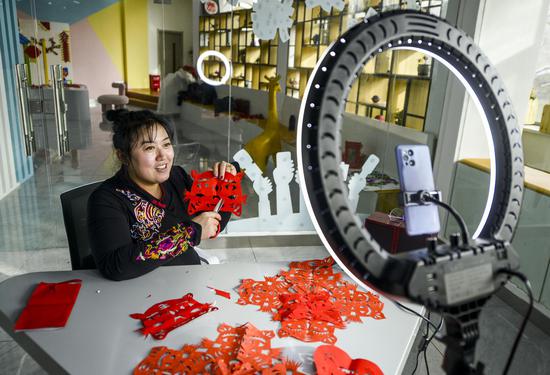
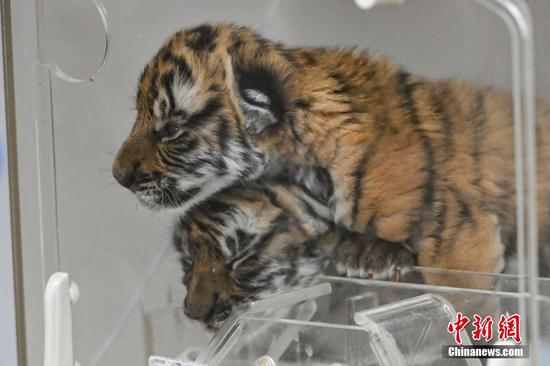
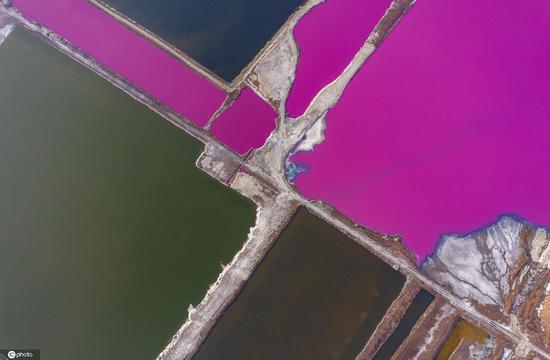
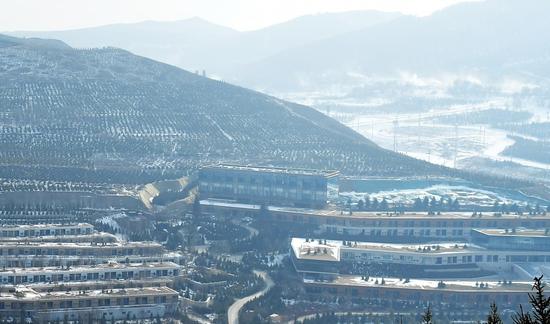
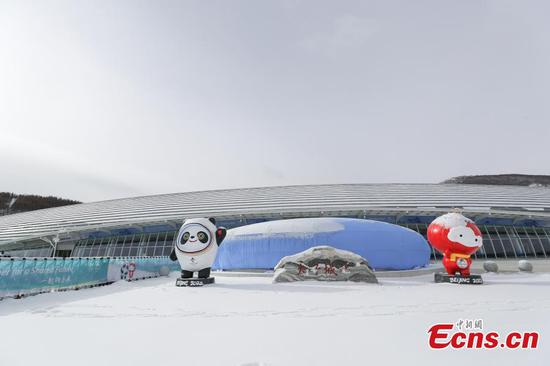

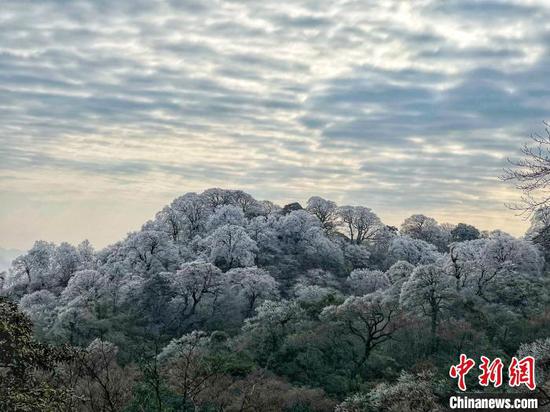
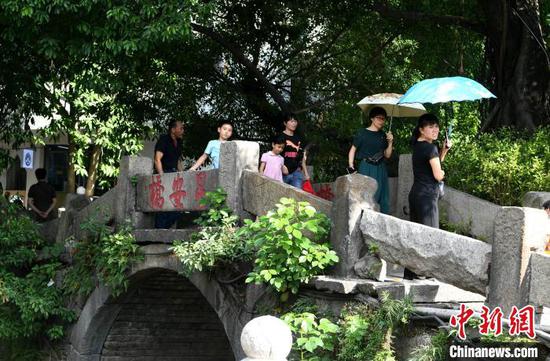

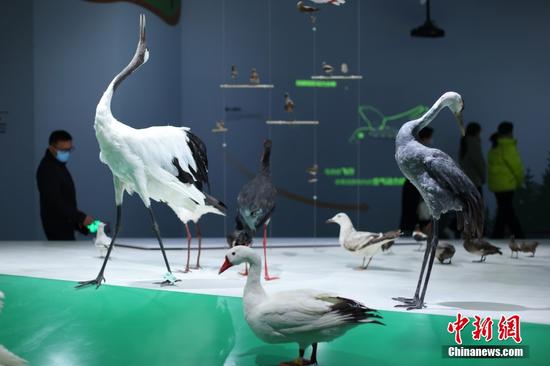

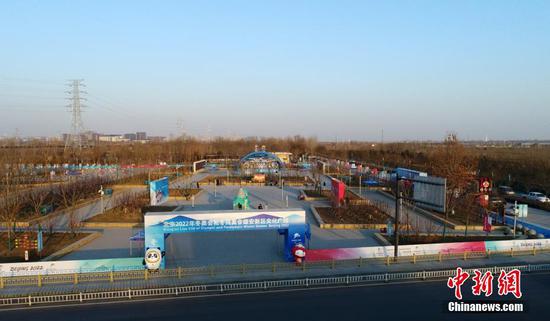
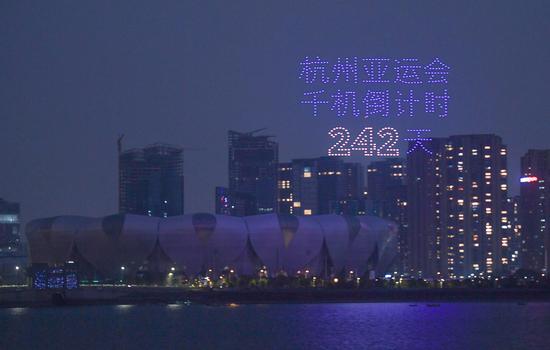
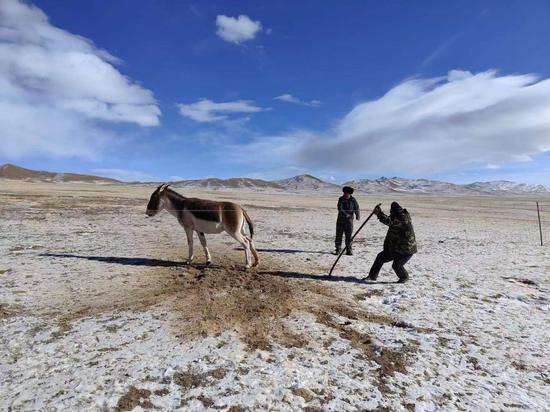
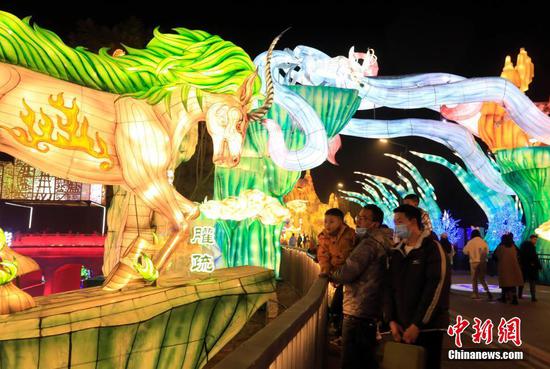
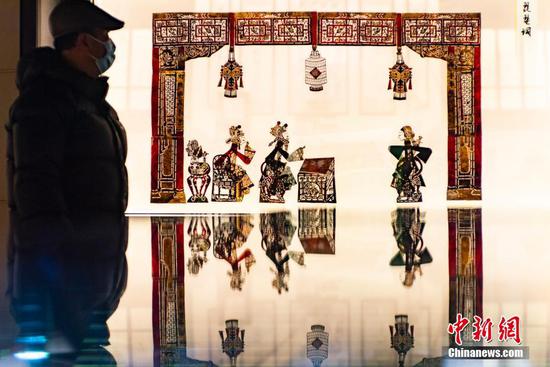
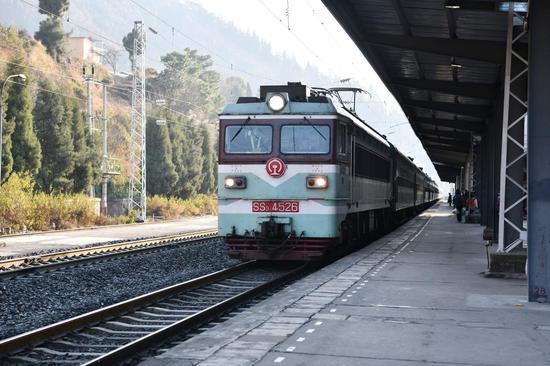
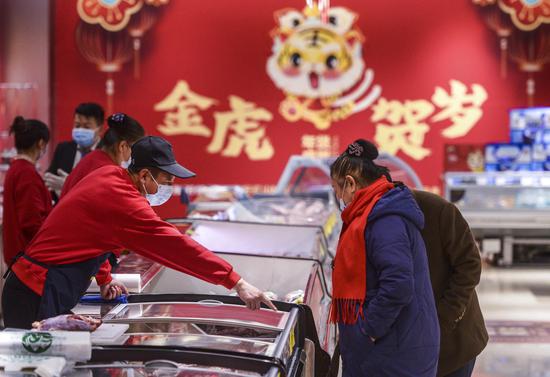
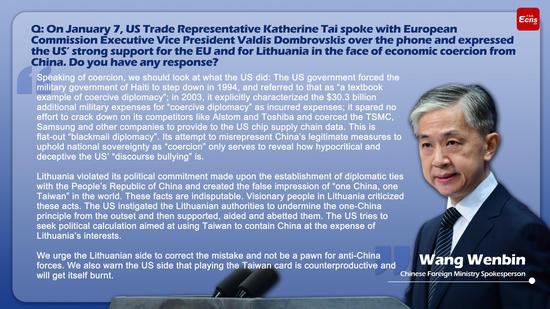

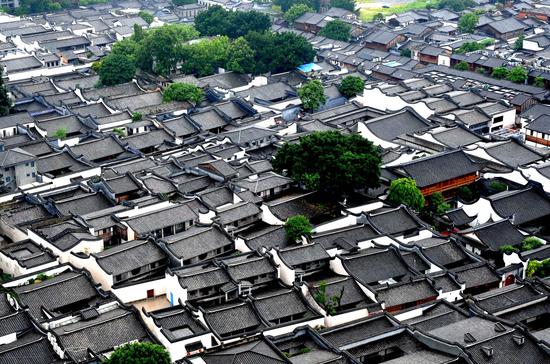
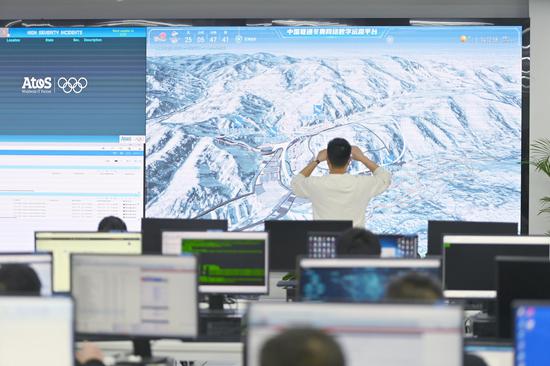
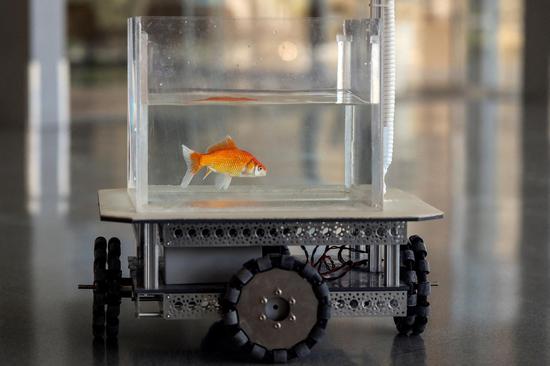
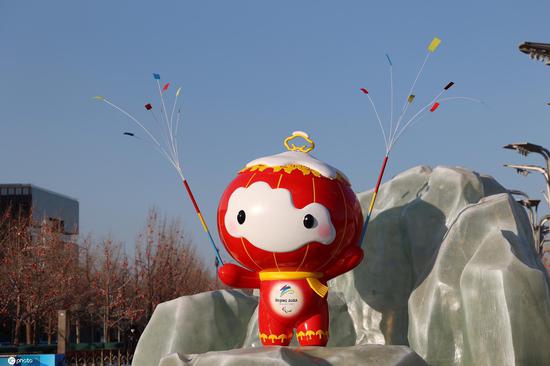
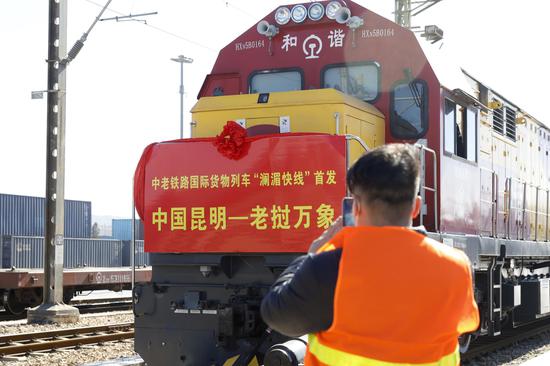
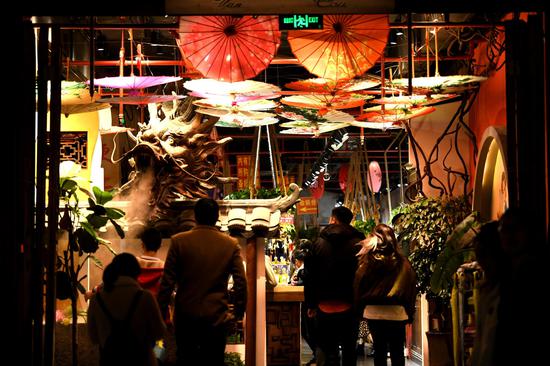
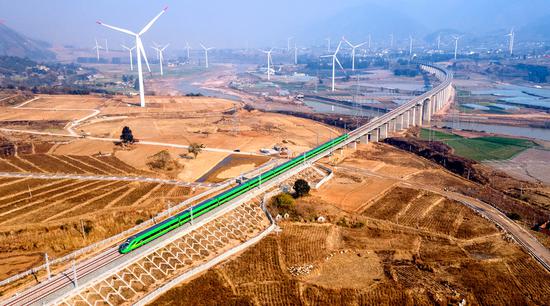
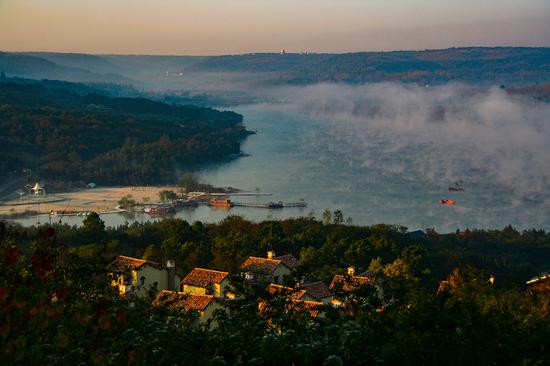
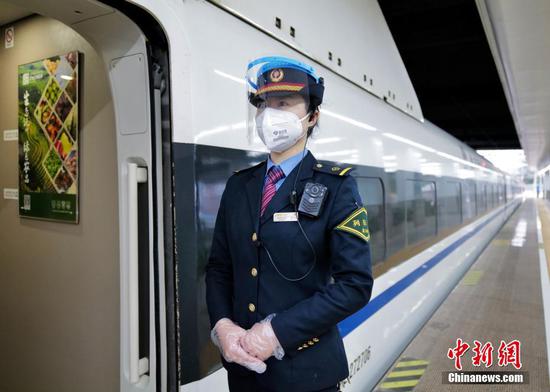

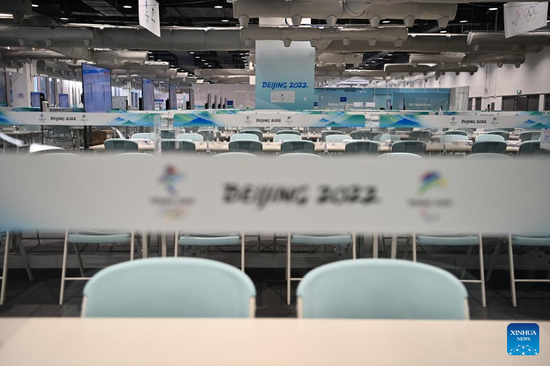
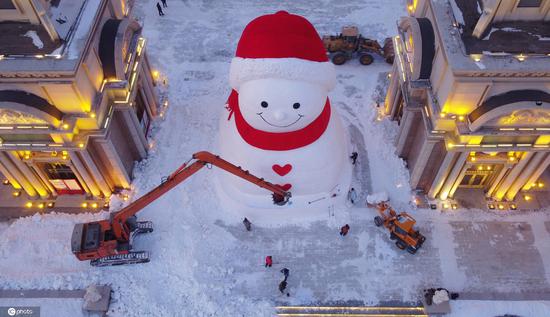
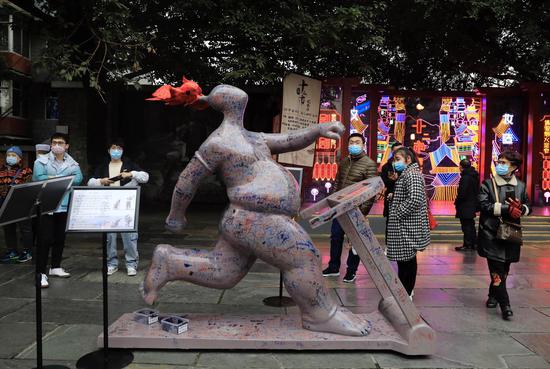





 京公网安备 11010202009201号
京公网安备 11010202009201号